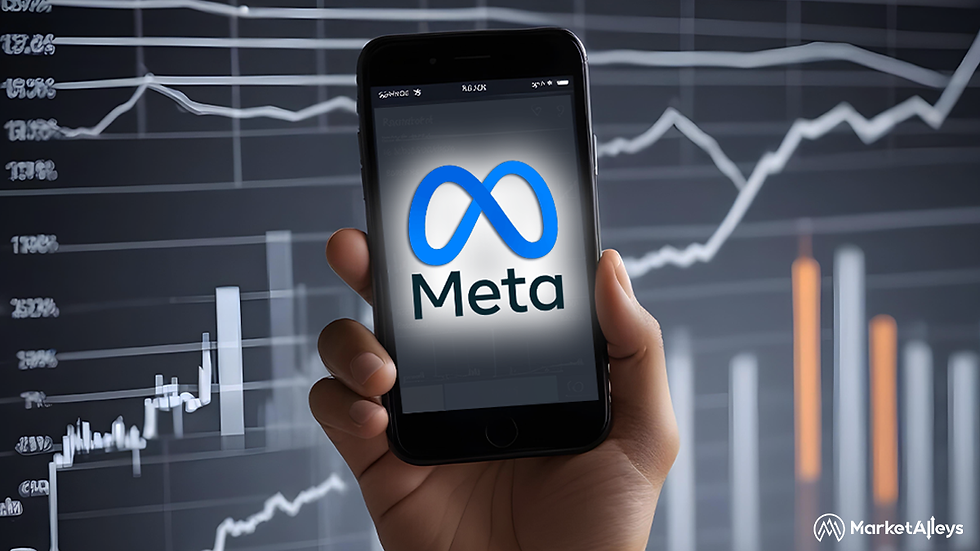Meta Faces Backlash Over CrowdTangle Shutdown Amid Misinformation Concerns
- MarketAlley's Editorial
- Aug 15, 2024
- 3 min read
Meta Platforms, the parent company of Facebook and Instagram, is facing significant backlash following the shutdown of its popular tool, CrowdTangle, which has been a vital resource for tracking misinformation on social media. This move has sparked widespread concern among researchers, watchdog organizations, and journalists, who relied on CrowdTangle to monitor how misinformation spreads across Meta's platforms.

Key Takeaways:
CrowdTangle Shutdown: Meta has shut down CrowdTangle, a tool widely used for tracking misinformation on its platforms.
Meta Backlash: The shutdown has sparked significant backlash from researchers, watchdogs, and journalists, especially ahead of the U.S. presidential elections.
New Tool Introduced: Meta replaced CrowdTangle with the Meta Content Library, but access is limited and critics argue it lacks the utility of its predecessor.
Transparency Concerns: The timing of the shutdown raises concerns about transparency and the ability to monitor misinformation during a crucial election period.
Meta Backlash: The Controversial Shutdown of CrowdTangle
On Wednesday, Meta officially shut down CrowdTangle, a tool that has been essential in providing transparency and helping to identify harmful content on Facebook and Instagram. The decision has been met with protests from various groups, including the Center for Democracy and Technology, the Digital Forensic Research Lab at the Atlantic Council, Human Rights Watch, and NYU's Center for Social Media & Politics.
Outcry Over Meta's Decision
The backlash began earlier this year when Meta announced its intention to retire CrowdTangle. In response, dozens of organizations sent a letter to the company, urging it to keep the tool operational through at least January, ensuring its availability during the critical period of the U.S. presidential elections. The letter highlighted that the shutdown "jeopardizes essential pre- and post-election oversight mechanisms and undermines Meta's transparency efforts during this critical period, and at a time when social trust and digital democracy are alarmingly fragile."
The letter further emphasized the importance of CrowdTangle, stating, "CrowdTangle has been an essential tool in helping researchers parse through the vast amount of information on the platform and identify harmful content and threats."
Meta's Alternative: The Meta Content Library
In place of CrowdTangle, Meta has introduced the Meta Content Library, which the company claims offers a more comprehensive view of the activity on its platforms. However, access to this new tool is currently restricted to academic researchers and nonprofits, excluding many news organizations that previously utilised CrowdTangle.
Meta's president of global affairs, Nick Clegg, mentioned in a blog post that the company has been collecting feedback from "hundreds of researchers in order to make it more user-friendly and help them find the data they need for their work." Despite these efforts, critics argue that
the Meta Content Library does not yet match the utility and accessibility of CrowdTangle.
Concerns Ahead of the U.S. Presidential Elections
The timing of CrowdTangle's shutdown is particularly concerning for many, as it comes just months before the U.S. presidential elections. Researchers and advocates fear that without this tool, the ability to track and combat misinformation during this critical period will be severely compromised. The ongoing Meta backlash highlights the tension between the company's actions and the broader need for transparency and accountability in the digital space.
Meta, however, has defended its decision, stating that CrowdTangle did not provide a complete picture of what is happening on its platforms and that its new tools are designed to be more comprehensive. Yet, the debate over the shutdown continues, with many calling for Meta to reconsider its approach to transparency and misinformation tracking.


Comentarios